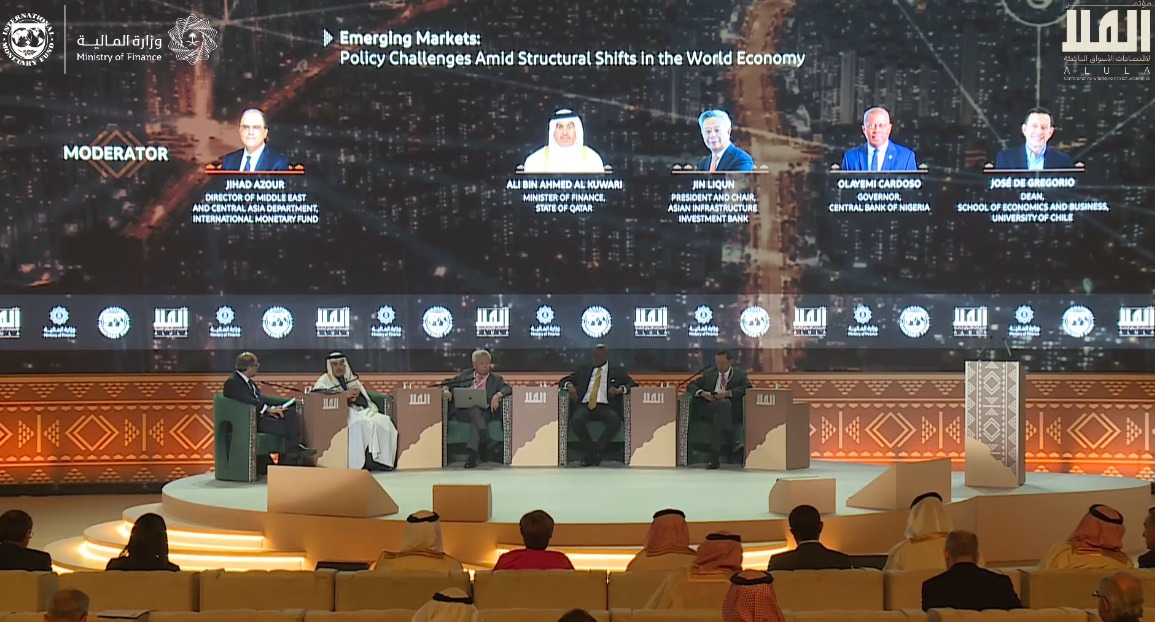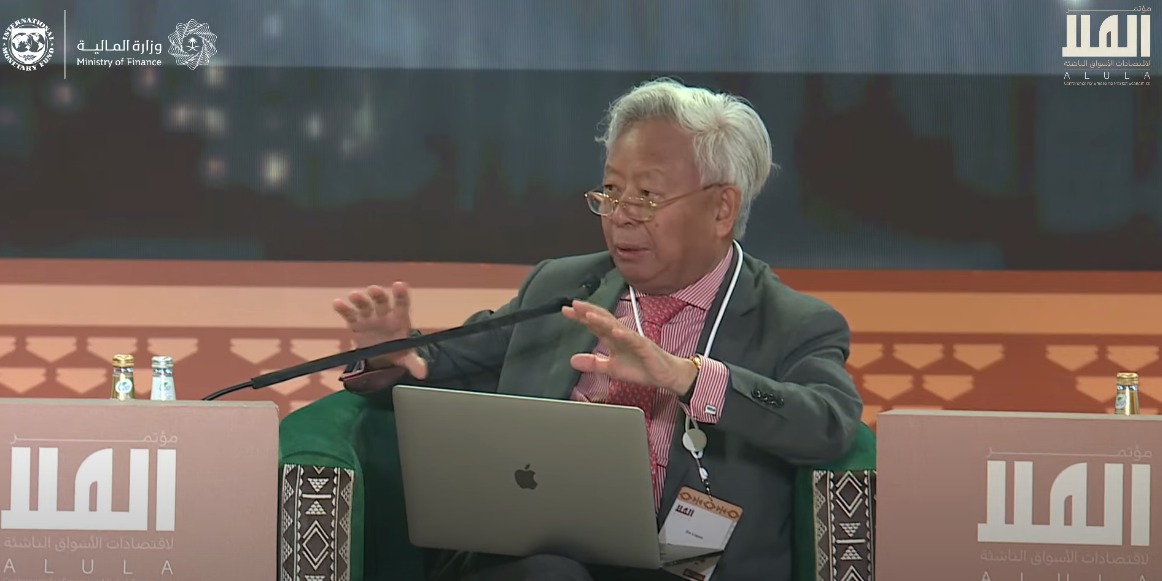RIYADH: The International Energy Agency has projected global investment in energy efficiency to reach a record $660 billion in 2024, maintaining the levels seen in 2022.
Significant increases are expected in emerging markets, with Africa anticipated to see a 60 percent rise, the Middle East a 40 percent increase, and Latin America a 20 percent boost.
Despite this positive growth, the Energy Efficiency 2024 report emphasizes that to meet net-zero targets by 2030, global investment in energy efficiency needs to rise to $1.9 trillion.
A major hurdle in achieving these ambitious targets is the ongoing shortage of skilled labor in the energy sector. The IEA report highlights a critical need for workers in specialized fields like HVAC (heating, ventilation, and air conditioning), heat pump installation, and electrical work to support the growing demand for energy-efficient technologies.
To address this skills gap, the IEA calls for more inclusive policies that encourage greater participation of women in the energy workforce. Women currently represent less than 20 percent of the energy sector, despite making up 39 percent of the global labor force. Increasing women’s representation in the sector could help fill the labor shortage and accelerate energy efficiency progress.
The report also points to the urgent need for energy-efficient cooling solutions in response to rising global temperatures. With 2024 seeing record-breaking heatwaves and soaring air conditioner sales, the IEA stresses that efficient cooling systems can alleviate pressure on electricity grids, especially in regions like Southeast Asia, where efficient air conditioners offer substantial lifetime savings.
These models are becoming increasingly cost-competitive in rapidly growing markets, helping to reduce both energy consumption and grid strain.
The IEA also underscores the critical role that energy efficiency plays in reducing reliance on fossil fuels. In its net-zero emissions by 2050 scenario, the IEA projects that energy efficiency improvements could account for more than a third of the carbon dioxide reductions needed by 2030.
For instance, a transition to electric vehicles and improvements in building insulation could reduce oil demand to levels equivalent to China’s total oil consumption and cut natural gas consumption to levels comparable to Europe’s total use in 2024.
The report highlighted notable progress toward the energy efficiency targets set at the 2023 COP28 summit, where nearly 200 countries committed to doubling the global rate of energy efficiency improvements by 2030. The IEA views this as a significant milestone for energy efficiency in global policy.
However, the global energy efficiency improvement rate for 2024 is projected to remain at 1 percent, consistent with the previous year. The report emphasizes that meeting the targets will require a much stronger push in policy implementation and stronger enforcement of energy efficiency measures.
A key driver of progress is electrification, which is expected to increase by nearly 2 percent in 2024. The growing adoption of electric vehicles and energy-efficient air conditioners, especially in regions facing extreme heat like India and Southeast Asia, is accelerating this transition.
The report also highlights regional trends, with China and India projected to see energy efficiency improvements of 1.5 percent and 2.5 percent, respectively. These gains are largely supported by national policies aimed at promoting energy-efficient technologies and encouraging the adoption of EVs.
“China, India, Southeast Asia, Africa, and Latin America together account for nearly half of global energy demand, positioning these regions as key drivers of global energy efficiency improvements in the years ahead,” the report said.
To support global efforts, the IEA has launched the Energy Efficiency Progress Tracker, a new tool that provides real-time data on national and regional trends in energy intensity, demand, and electrification. This tracker is designed to help policymakers and stakeholders monitor progress and implement actions needed to meet the energy efficiency targets set at COP28.
“The IEA is working more closely than ever with governments to ensure that energy efficiency remains central to secure, affordable, and inclusive energy transitions,” the report concluded. “Well-designed and effectively implemented policies will be essential to achieving these global goals.”
























